Electric cars have shifted from futuristic novelties to mainstream machines, but one thing consistently surprises new owners: the cost of insurance. Across most markets, EVs carry higher premiums than gasoline powered cars. The reasons go far beyond simple brand markups insurance is all about risk, and EVs present unique challenges that translate directly into steeper bills. Here is a deeper look at why insuring an electric car costs more and how it compares to conventional vehicles.
Repair Costs Are Higher
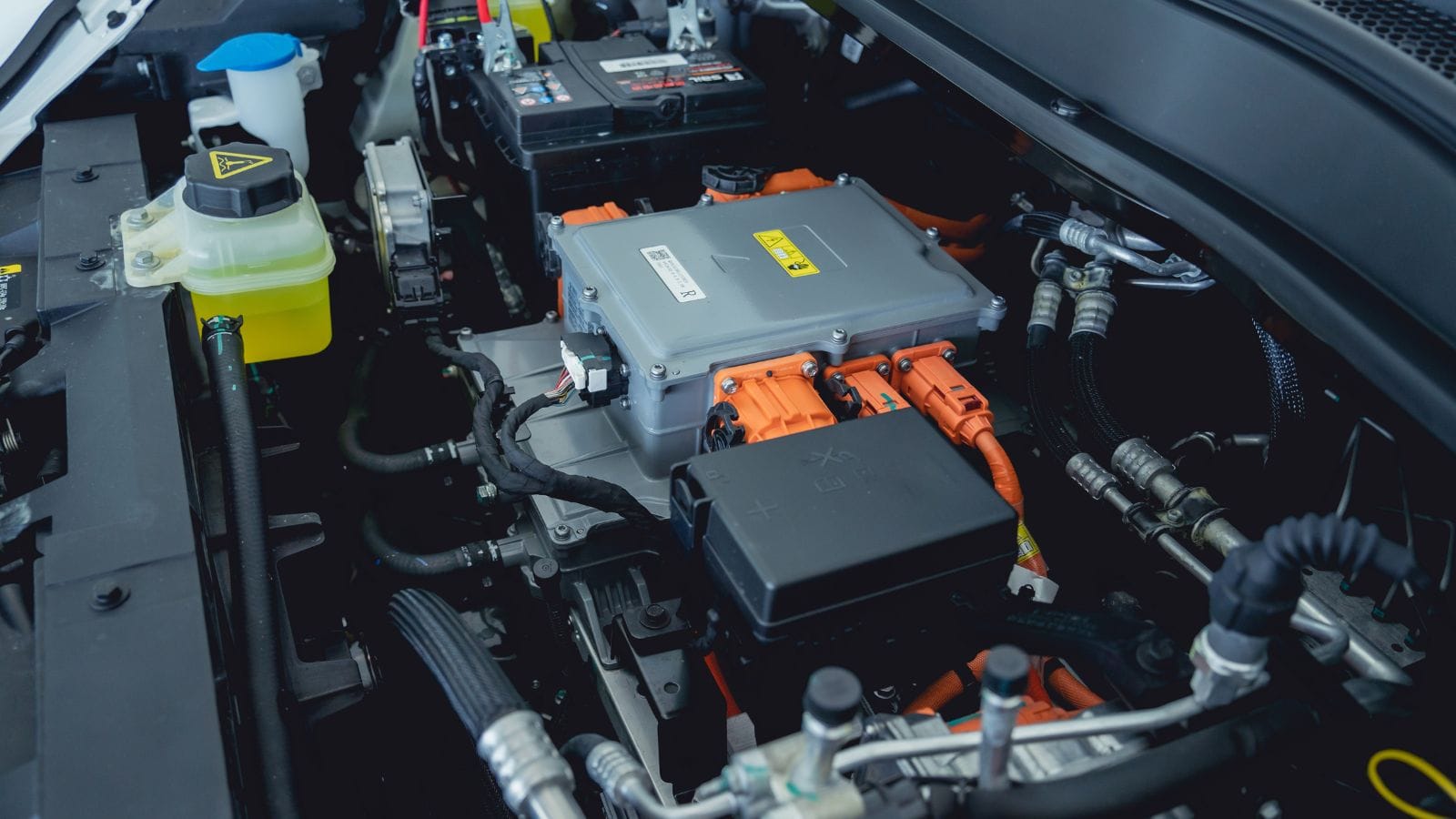
The complexity of EV design means even small accidents can create massive repair bills. Many electric cars use aluminum or composite bodywork, which is lighter and more efficient but also harder and more expensive to fix. Take the Tesla Model Y as an example: a moderate collision can lead to repair estimates far higher than a similar sized Toyota RAV4. Insurance companies know that even fender benders in EVs often lead to thousands of dollars in parts and labor.
Battery Packs Drive Risk

The battery is the most expensive component in an electric car, often representing up to 40 percent of the vehicle’s value. If the protective casing is compromised in a crash, insurers usually require a complete replacement, even if the damage appears minor. Replacing a Tesla Model 3 battery can cost between fifteen and twenty thousand dollars, compared to a few thousand for a conventional engine swap. That difference in potential payout alone is enough to push premiums well above those of comparable gas powered models.
Specialized Labor Raises Costs
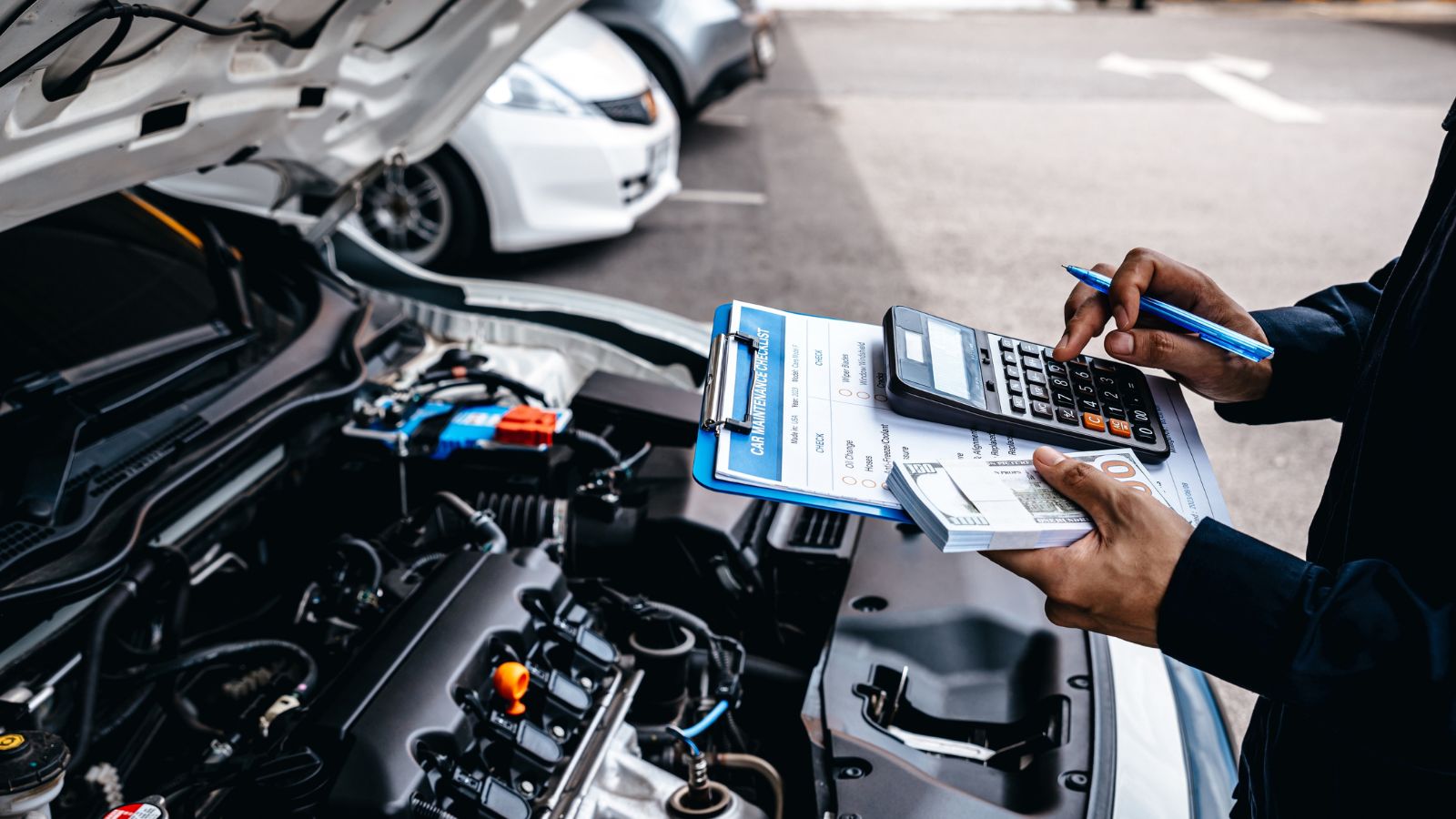
Working on EVs is not the same as fixing gas engines. High voltage systems require specialized training and equipment, and relatively few repair shops are certified to handle them. Labor rates are therefore higher, and wait times for repairs can stretch longer. If a Nissan Leaf or Ford Mustang Mach E needs service, it may have to go to a certified dealer facility rather than a neighborhood garage, and insurers factor this scarcity into their rates.
Advanced Technology Adds Expense

Electric cars are essentially rolling computers. From huge touchscreens to advanced driver assistance systems, the technology that makes EVs attractive also makes them costly to repair. A single damaged camera or radar sensor on a Tesla or Rivian can add thousands to a repair bill because of the need for recalibration. By comparison, fixing similar damage on a gas powered Honda Civic or Ford Fusion is dramatically cheaper.
Higher Purchase Prices Mean Larger Payouts

Many electric cars are more expensive up front than their gasoline counterparts. The Ford F150 Lightning, for instance, carries a significantly higher price tag than a traditional F150 with a gas engine. Because insurance payouts are tied to the replacement cost of the car, higher purchase prices translate directly into higher insurance premiums.
Accident and Fire Concerns
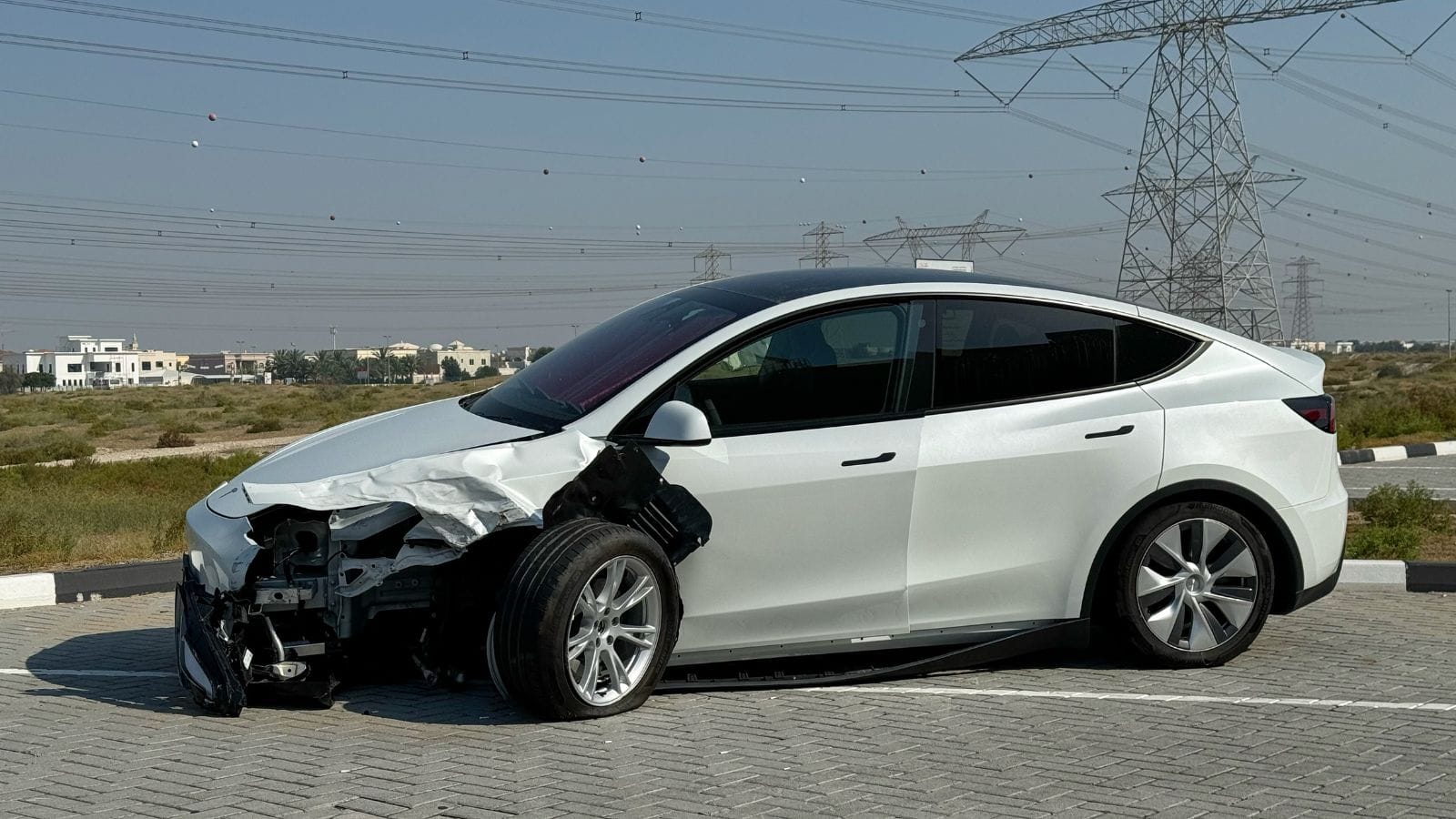
Although EV fires are statistically rare, they are extremely difficult and expensive to contain once they occur. Fire departments sometimes spend hours cooling a damaged EV battery, and insurers take that risk into account. Another factor is performance: EVs like the Tesla Model S Plaid or Lucid Air deliver instant torque and breathtaking acceleration, which can lead to higher accident rates. That combination of potential danger and higher performance risk is priced into policies.
Limited Historical Data

Insurance companies rely heavily on long term data to set accurate premiums. Gasoline cars have a century of data behind them, but EVs are still relatively new. Without decades of repair history, accident reports, and depreciation trends, insurers take a conservative approach and charge more to cover unknown risks. Over time, as more EVs accumulate mileage and insurers gather data, rates may even out.
Real World Premium Comparisons
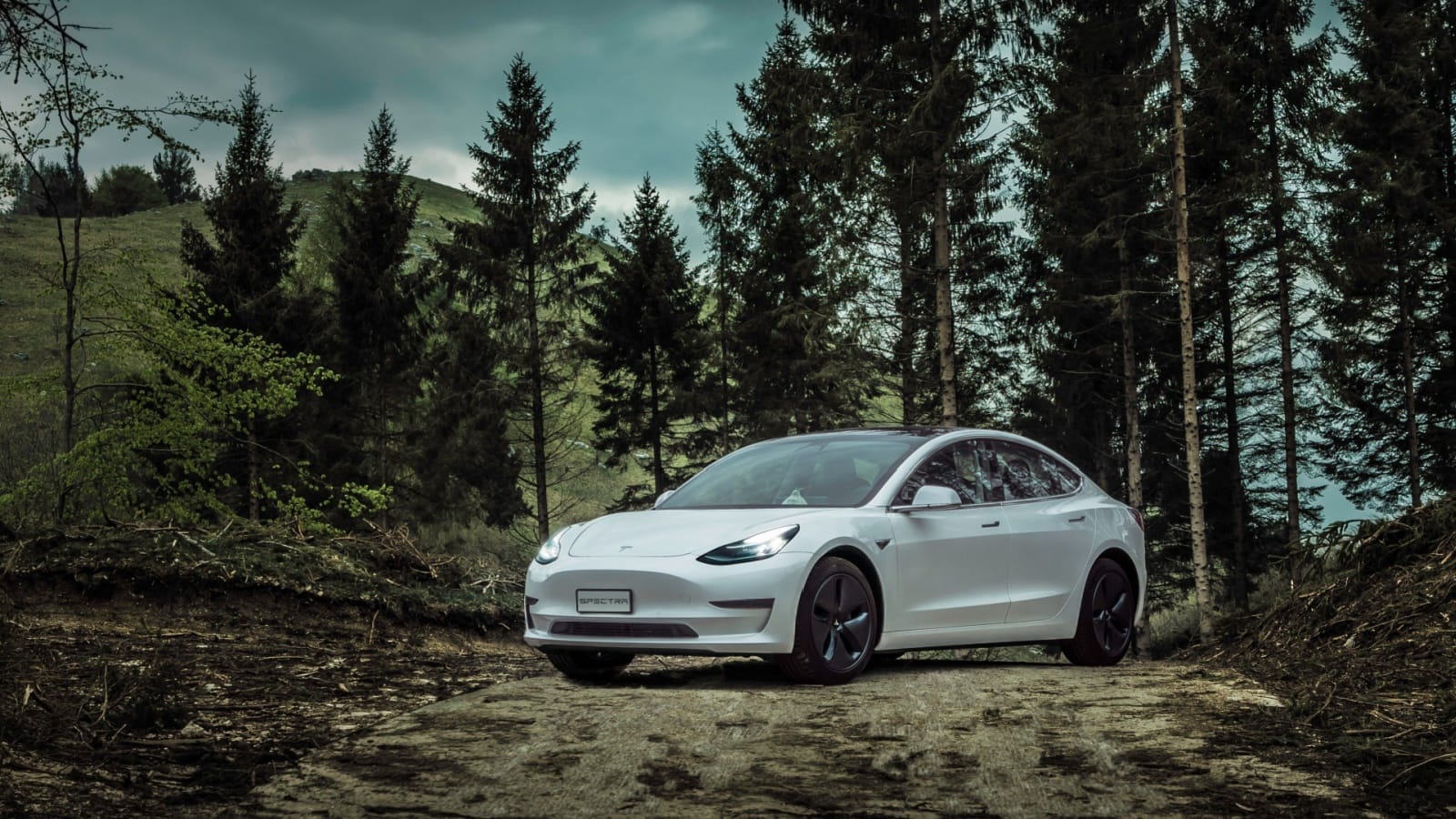
Consider the difference in insurance between a Tesla Model 3 and a Honda Accord. According to recent industry averages, the Model 3 costs around $2,200 per year to insure, while the Accord averages closer to $1,600. The Ford Mustang Mach E comes in at over $2,000 annually, compared to about $1,700 for a similarly priced Toyota Highlander Hybrid. Luxury EVs are even more extreme: a Porsche Taycan or Lucid Air can easily run over $3,000 annually, far higher than a comparable BMW 5 Series or Mercedes E Class sedan. These numbers highlight how the combination of battery replacement risk, advanced tech, and higher purchase prices weigh heavily on premiums.
Electric Economics
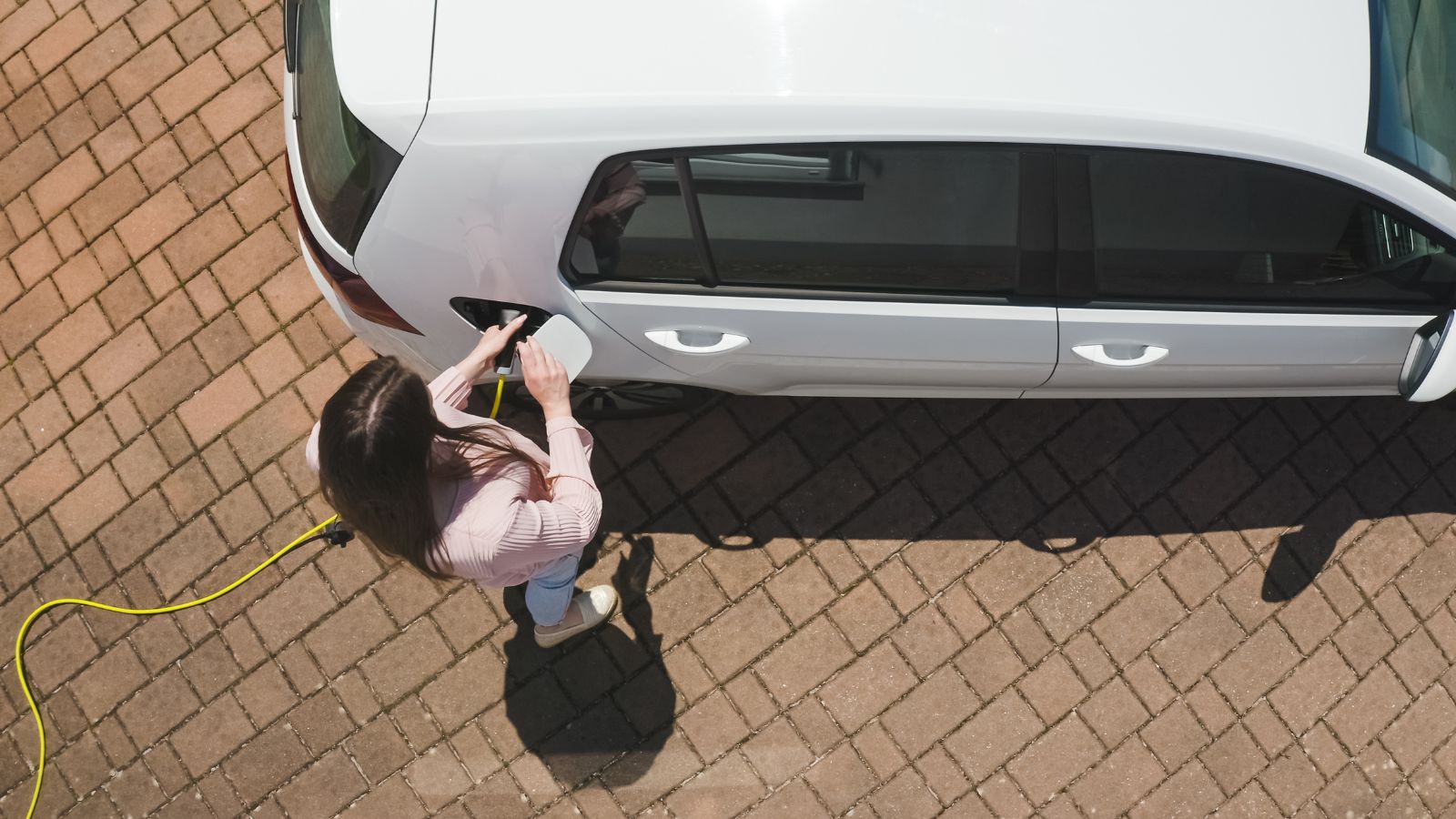
Electric cars offer long term savings on fuel and often require less routine maintenance, but insurance is where many buyers feel the sting. With expensive battery packs, limited repair networks, advanced technology, and higher sticker prices, EVs carry risks that insurers simply cannot ignore. The good news is that as EV ownership grows and repair options expand, premiums should eventually normalize. For now, buyers moving to electric need to budget carefully, because the cost of charging is not the only figure that matters.
25 Facts About Car Loans That Most Drivers Don’t Realize

Car loans are one of the most common ways people fund car purchases. Like any other kind of loan, car loans can have certain features that can be regarded as an advantage or a disadvantage to the borrower. Understanding all essential facts about car loans and how they work to ensure that you get the best deal for your financial situation is essential. Here are 25 shocking facts about car loans that most drivers don’t realize:
25 Facts About Car Loans That Most Drivers Don’t Realize
